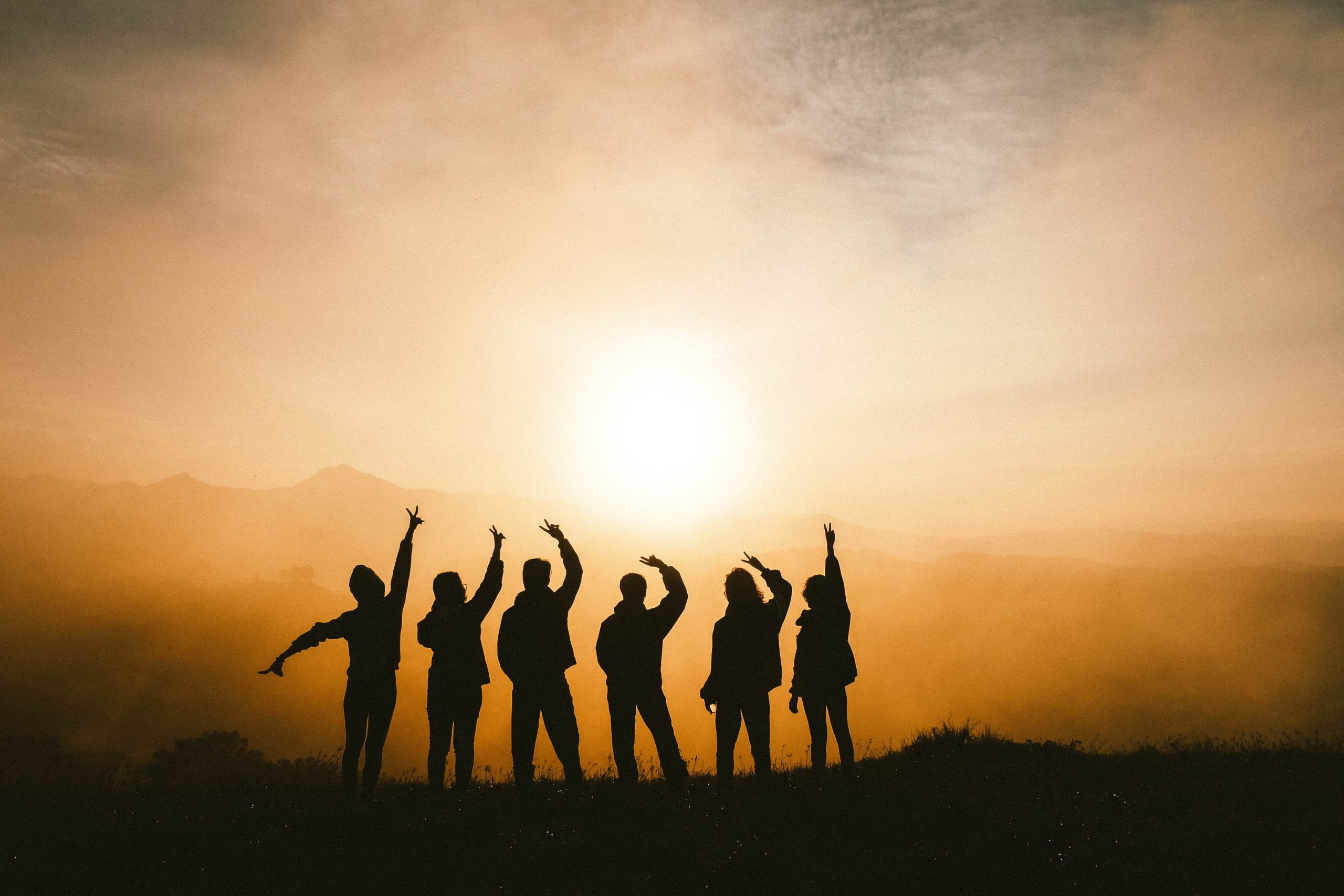The New Hampshire Community Rights Network answers this question:
People’s Right of Local Community Self-Government and Rights of Nature/Ecosystems
- Right of Local, Community Self-Government
The right of local, community self-government is a fundamental, individual political right – exercised collectively – of people to govern the local communities in which they reside.
The right includes three component rights: 1) the right to a system of government within the local community that is controlled by a majority of its citizens; 2) the right to a system of government within the local community that secures and protects the civil and political rights of every person in the community; 3) the right to alter or abolish the system of local government if it infringes those component rights.
The right of local, community self-government is inherent and inalienable. It derives necessarily from the fundamental principle that all political power is inherent in the people, is exercised by them for their benefit, and is subject to their control. The right is secured by the American Declaration of Independence, state constitutional bills of rights, and the United States Constitution. Because the right is inherent and inalienable, no government can define, diminish, or otherwise control it.
State governments have created a variety of local governmental bodies, both incorporated and unincorporated, for administration of state policy locally, and for conduct of municipal affairs. While States typically delegate specific governmental powers to such local governments – and limit their powers otherwise – state authorized powers of such local governments are distinct and apart from the people’s right of local, community self-government. The peoples’ right is not dependent upon state delegation, and so, cannot be diminished by limitations placed on local governments by other governments.
This means that local communities, when exercising the people’s right of local, community self-government, are not subject to constraints on local lawmaking imposed by state and federal governments. Such constraints include preemption of local lawmaking by state and federal laws or international treaties; the conferral of constitutional rights onto corporations, when those “rights” compete with people’s civil and political rights; and the doctrine that local governments can legislate only as authorized by state government.
Laws adopted pursuant to the right of local, community self-government are, by nature of the right, limited by people’s other civil and political rights, both inherent and as secured by local, state, and federal statutes and constitutions. Because most environmental, labor, election, housing, civil rights, and discrimination laws are based on statutes that recognize people’s civil and political rights and provide mechanisms for enforcement of those rights, the right of local, community self-government can be exercised only to expand, not to lessen, the rights of people as secured by those laws.
Because the right of local, community self-government is inherent, and constitutional texts recognizing and securing the right do not limit enforcement of the right against state actors only, both private actors and state actors may be held liable for violation of the right.
2. Rights of Nature / Ecosystems
According to LAW, nature is mere property of the landowner. Nature has no legal standing. In other words – corporations have been recognized as “persons” but nature is still a slave without rights.
When industrial projects want to operate in your community, they go through a permitting process with the State. The process is administrative. That means it is a matter of following the rules for completing the application. Once the application is filled out according the to guidelines, the permit issues – there is no discretion. The permit becomes the private property of the corporation and makes the harm legal in your community.
Nature is without protection since the permit legalizes destruction up to a certain agreed upon limit – regulated in determined amounts deemed to be “safe” – not best – for human and ecosystem exposure.
Responsibility to protect community ecosystems rests with the landowner. So, the more property someone owns, the more nature he can destroy. When the community passes a law that recognizes ecosystems as legal entities, the whole community is empowered to protect forests, rivers, farmland, orchards, streams and rare places for the benefit of the whole community and for posterity.
Our property values and the rights we exercise as landowners are at risk within the current legal structure when large-scale, industrial projects like fracking, industrial wind, hydro-electric transmission, fracked gas pipelines, commercial water extraction, mining, and disposal of toxic wastes apply for permission to operate in your town.
In many instances, State or Federal governments allow the use of eminent domain to take property from individual landowners along these project routes, claiming the project is “for the public good.” Although landowners are compensated for the market value of the land, who can put a price on land that may have been your family for generations? There is no recourse under the current structure for a community to say “no” to any large-scale development project. The Federal preempts State which preempts local decision- making and can take your property as long as they pay fair market value.
What are a community’s options? When a community passes a law that recognizes ecosystems as legal entities with legal standing, the whole community is empowered to hold together to protect its farmlands, orchards, forests, wetlands, rivers, streams, bogs, entire watersheds, and rare places for the benefit of the whole community and for posterity. By recognizing the rights of the human and natural community as a whole, individual property rights are expanded, not taken away.
info@nhcommunityrights.org New Hampshire Community Rights Network www.nhcommunityrights.org
See the full article HERE.
Photo credit: Chang-duong on Unsplash.

